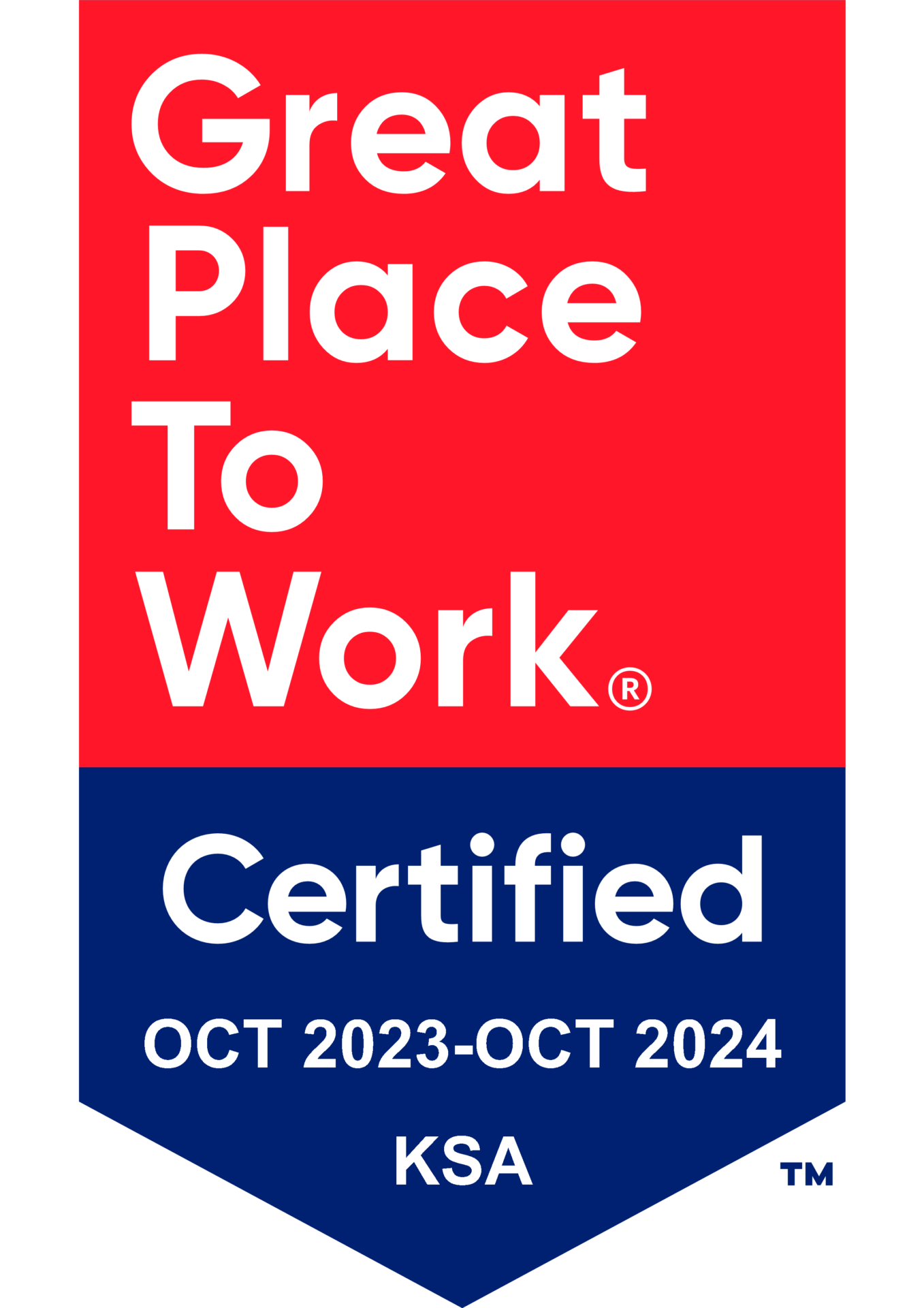Efficient revenue cycle management (RCM) is vital for healthcare organizations to optimize financial performance and ensure sustainable operations.
Explore the key strategies, best practices, and solutions to streamline RCM processes to improve financial outcomes and enhance overall organizational performance.
1. Revenue Cycle Management (RCM):
At the core of effective RCM is the management of the entire revenue cycle, encompassing various stages from patient registration to final payment.
This includes billing, coding, claims management, denial management, accounts receivable management, and collections.
2. RCM Services:
Utilizing professional RCM services provides healthcare providers with specialized expertise and resources to navigate the complexities of the revenue cycle.
These services encompass a comprehensive range of support, including healthcare reimbursement solutions, insurance verification services, claim scrubbing, and revenue integrity solutions.
3. Revenue Cycle Solutions:
Robust revenue cycle solutions, such as software and automation tools, play a pivotal role in streamlining RCM processes. These solutions automate tasks, enhance accuracy, improve efficiency, and provide real-time analytics for informed decision-making.
They encompass revenue cycle software, automation, and workflow optimization.
4. Revenue Cycle Optimization:
Revenue cycle optimization focuses on improving the performance of the entire revenue cycle. It involves analyzing revenue cycle analytics, identifying bottlenecks, and implementing strategies to enhance efficiency and financial outcomes.
By continuously refining workflows and implementing best practices, organizations can maximize revenue generation and minimize revenue leakage.
5. Medical Billing and Coding:
Accurate medical billing and coding are crucial for proper reimbursement and revenue capture. Effective management of medical billing and coding ensures compliance with coding guidelines, minimizes claim denials, and maximizes revenue generation. It also involves staying updated with the latest coding changes and ensuring documentation accuracy.
6. Claims Management:
Efficient claims management is essential in ensuring accurate and timely reimbursement. This includes submitting accurate claims, tracking their progress, and promptly resolving any issues that may arise.
Effective claims management services minimize denials, reduce payment delays, and optimize revenue collection.
Conclusion
In a rapidly evolving healthcare landscape, optimizing revenue cycle management is imperative for healthcare organizations to thrive.
By implementing best practices, leveraging technology-driven solutions, and partnering with experienced RCM professionals, healthcare providers can enhance financial performance, reduce costs, and improve revenue capture.
Embracing these strategies and solutions will enable organizations to navigate the challenges of revenue cycle management and achieve sustainable success in the ever-changing healthcare industry.
